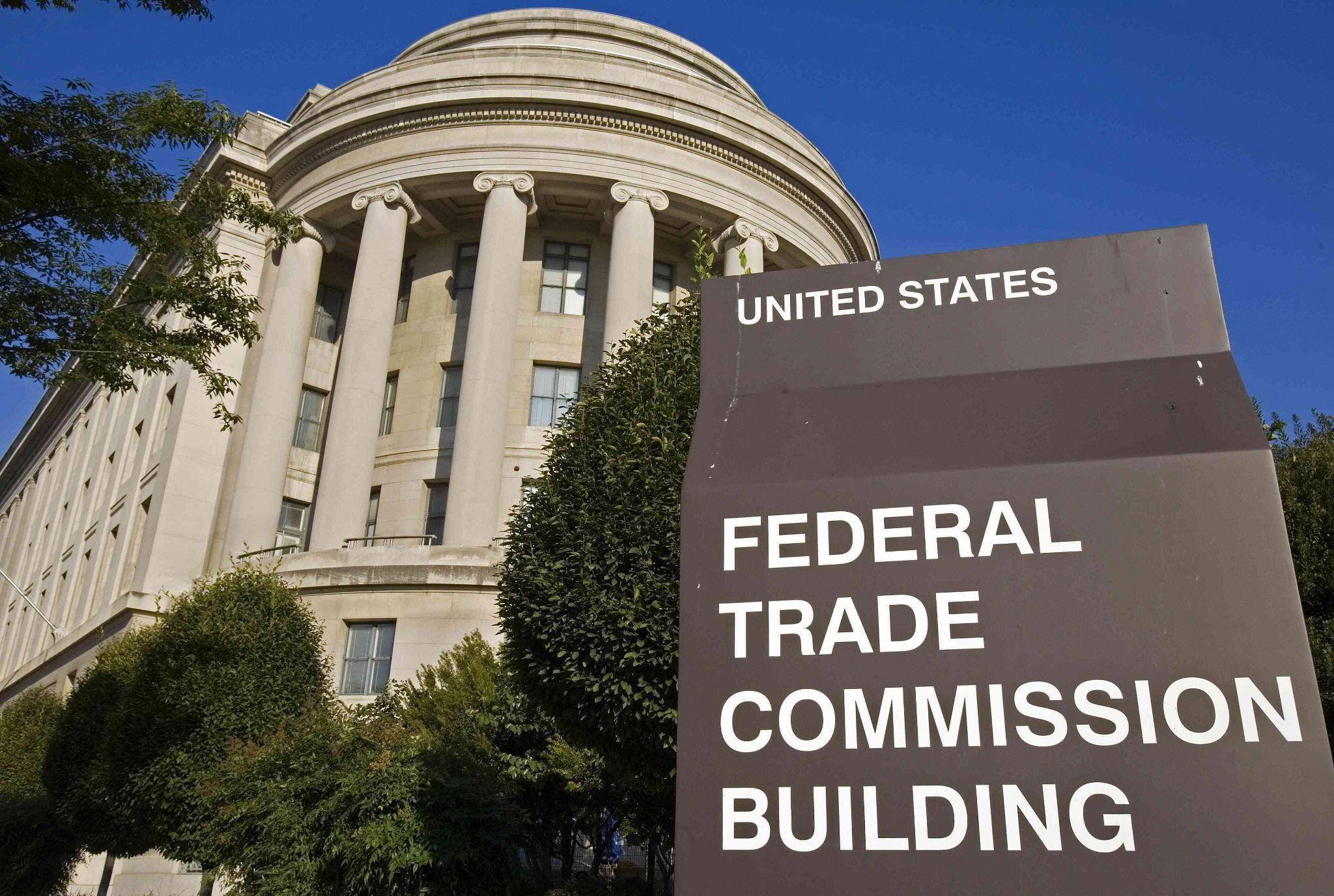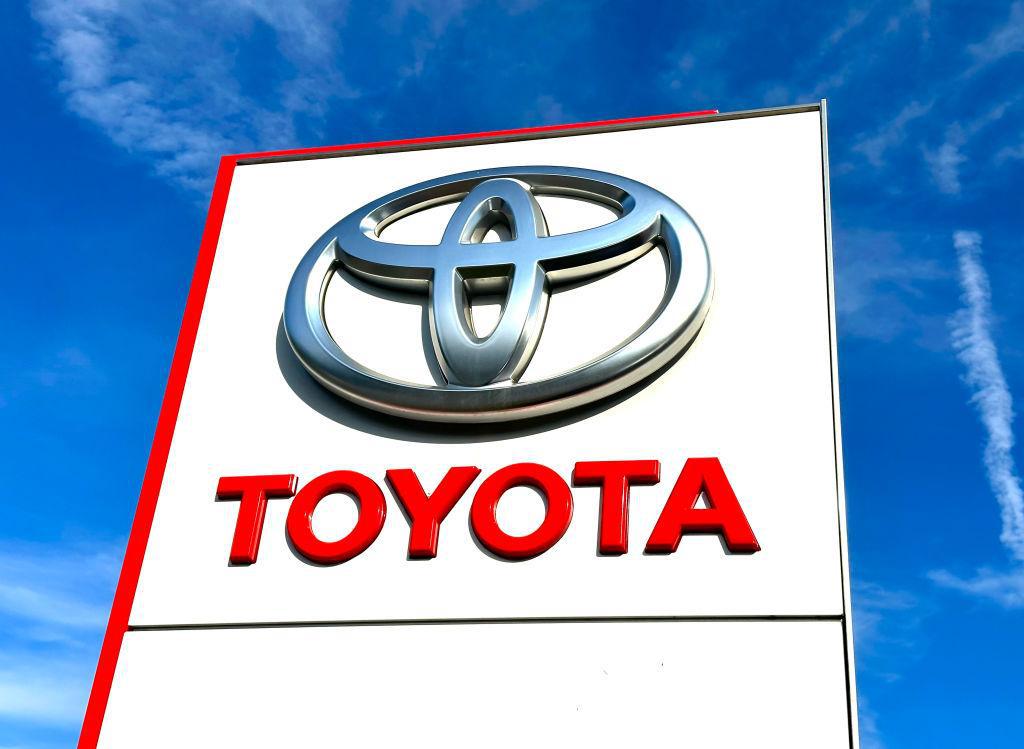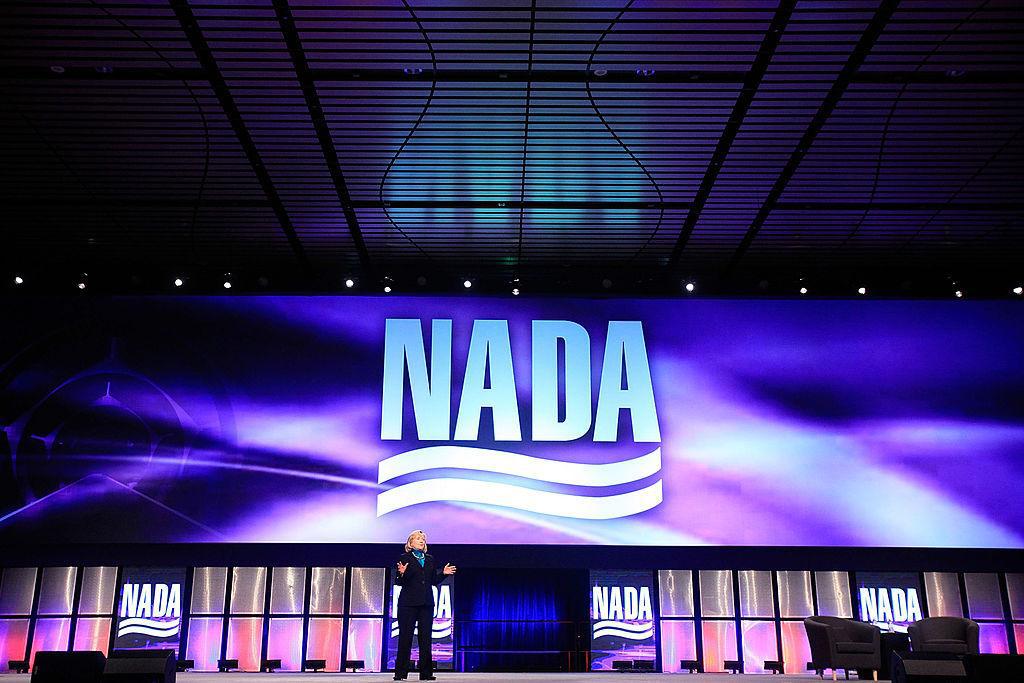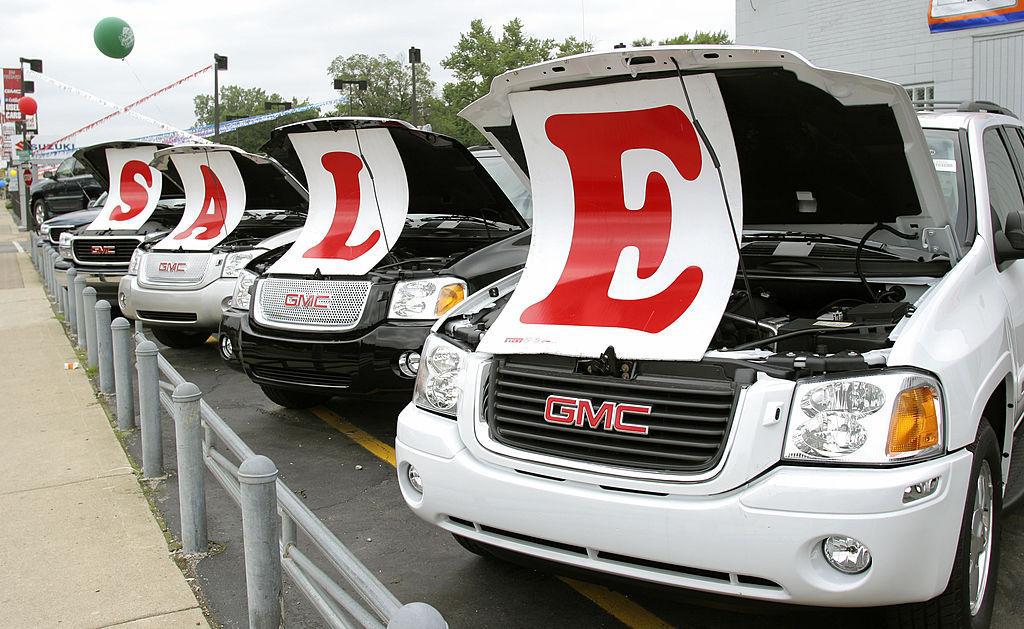Almost everyone who has purchased a car, new or used, has had that horrible feeling of realizing they spent far more than they meant to.
For years, dealerships have been sneakily charging customers extra fees, usually claiming the add-ons are necessary for the purchase, but the Federal Trade Commission (FTC) recently announced that, as of next year, this common practice will be illegal.
What is The Federal Trade Commission?

The Federal Trade Commission, more commonly known as the FTC, is designed to protect the public “from deceptive or unfair business practices and from unfair methods of competition through law enforcement, advocacy, research, and education.”
And recently, the FTC used its power to fight against the “deceptive” practices of car dealerships.
Frustrating Dealership Add-Ons

Whenever someone buys a new car, the first feeling is certainly one of joy and excitement. But often, that feeling subsides after they see just how much it costs in the end.
Essentially, car dealerships will take the cost of the car, the price one sees on the windshield or the initial paperwork, and then, as they make the sale, add on extra costs such as extended warranties and included service visits.
These Extras Are Not Required

What’s incredibly annoying is that many people don’t realize these add-ons are absolutely unnecessary and optional, as the salesperson often presents them as requirements for the sale.
And while the salespeople are just doing their jobs as instructed by management, the truth is they know what they are doing and fully understand the deception.
The FTC Called Out Dealerships for Manipulation

The FTC collected extensive and detailed data about American car dealerships and their practices, and one thing they noted was that many companies were actually targeting young buyers.
Specifically, the FTC noted that dealerships were charging younger members of the military for more extras than anyone else.
The FTC Is Putting a Stop To It

After understanding exactly what was going on at dealerships around the country, the FTC found they were undoubtedly practicing unfair business methods and decided to step in.
The new FTC Combating Auto Retail Scams (CARS) Rule has incredibly strict rules for all dealerships that will eliminate bogus add-ons, as well as any attempt to misrepresent costs.
What Exactly Does the CARS Rule Say?

According to FTC Chair Lina M. Khan, “The CARS Rule will prohibit exploitative junk fees in the car-buying process, saving people time and money and protecting honest dealers.”
This means dealers cannot advertise with a misrepresenting price tag. Additionally, they will be required to inform customers that add-ons are not necessary for purchase, and anyone who does choose to pay for extras will need to sign a consent form, stating they understand they are optional.
Toyota Has Already Had to Pay the Price for Deception

And the FTC isn’t messing around. Toyota was just fined a whopping $60 million for several infractions, including misleading their customers by telling them that the extras were required for purchase.
The FTC assumes Toyota is just the first of many companies that will have to pay as the law goes into full effect on July 30, 2024.
There’s One Group Who Is Not Happy About This New Rule

Undoubtedly, most Americans are thrilled about the FTC’s new CARS rule. However, there is one organization that is not so happy with the decision.
The National Automobile Dealers Association (NADA) is the group that will be the most affected by the new regulation, as they will not only lose money in sales but also be fined if they do not follow the rules.
NADA President and CEO Mike Stanton Speaks Out Against CARS

President and CEO of NADA, Mike Stanton, had some harsh words for the FTC when he made a statement. He said, “This regulation is [a] heavy-handed bureaucratic overreach and redundancy at its worst, that will needlessly lengthen the car sales process by forcing new layers of disclosures and complexity into the transaction.”
And continued, “The FTC made up data to support its claims, then rejected calls to slow down the process and test the effectiveness of its proposal with real consumers. We are exploring all options on how to keep this ill-conceived rule from taking effect.”
What Does the CARS Rule Mean for the American Consumer?

First and foremost, the CARS rule ensures that automotive dealerships cannot misrepresent the cost of the car in any way.
That means the American people can confidently shop at a dealership without worrying about spending more than they meant to. What was once a terrifying experience for many may even end up being enjoyable.
Americans May Save a Fortune with the FTC’s New CARS Rule

As well as ensuring that the price of the car is how much it actually costs, the FTC CARS Rule also promises consumers they won’t be lied to about spending their hard-earned money on unnecessary extras.
This means that, starting in July 2024, any American who heads out to buy a car will save quite a bit of money they didn’t intend to spend.
